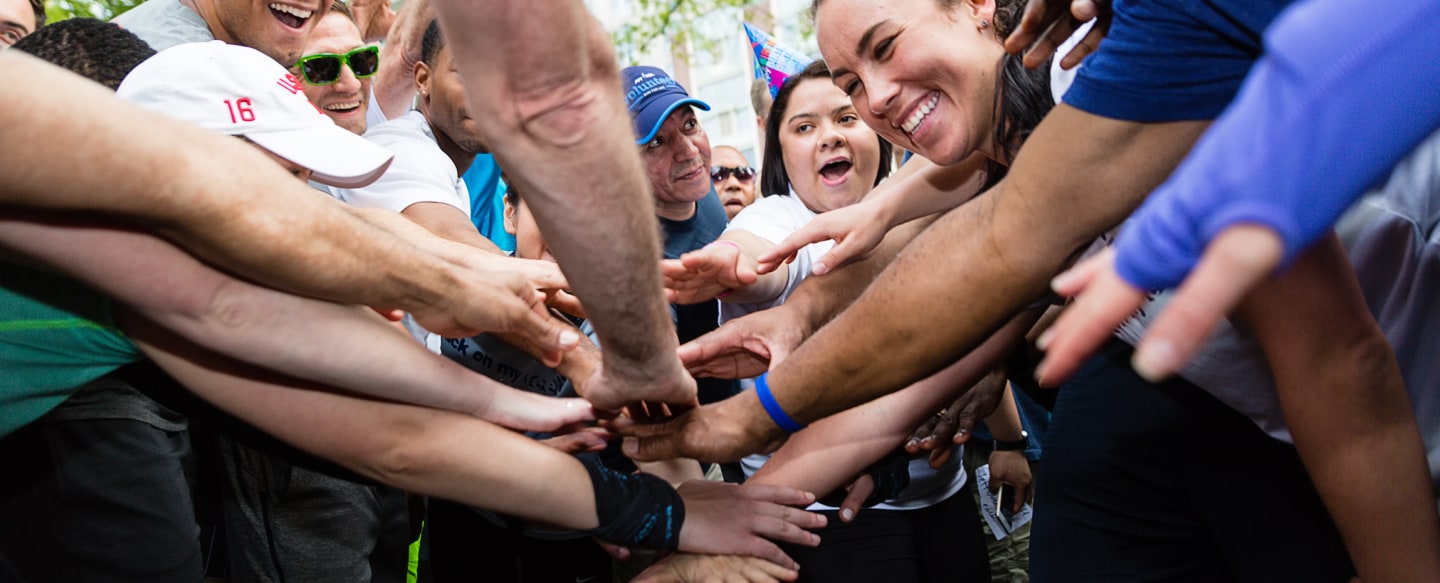At this year’s ASU+GSV Summit, Charles Koch Foundation Executive Director Ryan Stowers verbalized a sentiment shared widely in 2020: the future of education has never been more uncertain, and the need to act never more pressing. COVID-19 has brought postsecondary education’s challenges into sharp focus for learners, faculty, and administrators. Amidst extraordinary disruption, has the value of a four-year degree changed? What does equitable access look like? What education pathways do we need to ensure that all people have the opportunity to identify, develop, and apply their unique gifts and talents?
These questions aren’t new — many social entrepreneurs and scholars have been asking them for years. But the COVID-19 pandemic has accelerated the search for short- and long-term innovations. In 2020, we saw partner after partner pursue solutions — finding better ways to leverage time-tested approaches and creating completely new alternatives. Our partners have not given up on our shared vision: quality opportunities for every learner to unleash their unique potential.
When we look back on 2020 and its many changes, it’s this perseverance and creativity that we know will persist into 2021. Faced with unprecedented challenges, the commitment and enthusiasm of our partners has only increased in the last nine months. This doggedness is worth celebrating, in spite of the unknowns we face.
Take, for example, the sustained efforts of American Council on Education. ACE had long-been concerned that poor transfer-of-credit policies were costing students financially and creating barriers towards graduation. In January, two months before COVID-19 disrupted learning on college campuses, ACE launched a task force aimed at improving college transfer and award-of-credit practices. Composed of presidents and chancellors of two- and four-year colleges and universities, the task force is creating a report, to be released in 2021, that will identify best practices and emerging strategies for improving the transfer and award of credit. ACE will also produce a series of white papers on topics like student support services and pathways, credit transfer technology, and credit for prior learning, all topics vital to a successful learner experience.
Other innovations were rapid — responding to immediate and unexpected needs. In response to the pandemic-induced rush to offer remote instruction, OpenStax and the Association of College and University Educators (ACUE) collaborated to create an Online Teaching Toolkit to better facilitate learner engagement in the impromptu online setting. By June, the toolkit had been viewed over 100,000 times. In conjunction with the initiative, ACUE announced #ResilientFaculty, an effort that showcased extraordinary resilience from faculty members who utilized innovative tools to provide a world-class education for students.
In the midst of the year’s unprecedented challenges, longtime innovators stepped up to share knowledge and brainstorm solutions. In April, WGU Labs, Inc., an affiliate of Western Governors University, announced development of the College Innovation Network, which will unite education thought leaders, EdTech innovators, and institutions that are focused on serving students who face great economic challenges. CIN has announced its founding partners, which include the Pennsylvania State System of Higher Education, Piedmont Community College in North Carolina, Central Ohio Technical College, Loyola University New Orleans, and Rio Salado College in Arizona. By joining CIN, these institutions commit to not only implement EdTech, but also rigorously evaluate the impact on student outcomes. The network will publicly share its findings to help other institutions quickly adopt and scale EdTech solutions for the benefit of learners. WGU president Scott Pulsipher reminded us all in a May op-ed that “without question, the current pandemic has created significant challenges for higher education, but in many ways, it has simply highlighted the challenges faced by our sector for decades: quality, access, and affordability.”
Pulsipher is not alone in this opinion. Arizona State University president Michael Crow and his colleague Derrick Anderson penned similar sentiments in June. “One does not need to look far for thoughtful descriptions of how COVID-19 and its cascade of catastrophes are shaping so-called “new normals” for individuals, families, communities, and industries. But for one industry — higher education — COVID-19 exposes a long list of pernicious problems more than it presents new problems. For higher education, the new normal is partly an old normal that many ignored.”
Adding to its own history of innovation, this fall ASU created a new initiative that will invite other universities to develop and apply new ideas in higher education. As part of this project, ASU will expand ASU EdPlus, a program aimed at accelerating development of a stackable credential system and other scalable educational innovations. Stackable credentials make it easier for students at ASU and other universities to design customized learning journeys according to their own interests, near and long-term career needs, and timelines.
Innovations also abound in the effort to make upskilling opportunities more accessible. This summer, a new coalition, SkillUp, formed to support displaced workers who earn less than $40,000 a year. Millions of Americans are out of work and need access to immediate training to help find new jobs — the coalition exists to address that need through connecting training and education professionals, employers, and technology and nonprofit stakeholders to offer re-skilling and re-employment opportunities. “Rather than just bank on existing colleges and universities and sources of debt-driven funding to disrupt themselves, the future of higher education will also rely on novel programs and arrangements, like SkillUP,” writes Michael Horn of Guild Education.
We were also excited to see Rivet School advance its vision of an accelerated, low-cost college program for working adults. This pioneering hybrid college now pairs a job-focused online degree with a personal coach, coworking space, and more to help students graduate in two to three years, for less than $10,000. In the face of COVID-19, Rivet announced Pay It Forward, a project which allows students to enroll and pay no tuition during the course of their studies. Graduates pay back their tuition once they earn at least $40,000 annually.
As we enter the New Year, CKF will continue to look for innovators who focus on removing the barriers that prevent learners from unlocking their potential. We know that the curiosity, initiative, and bold thinking of our partners will only grow. We hope you’ll join our community in this effort.
The Charles Koch Foundation partners with social entrepreneurs to drive societal progress through academic research and innovations that help all learners unlock their potential. Learn more about our support for postsecondary education.











